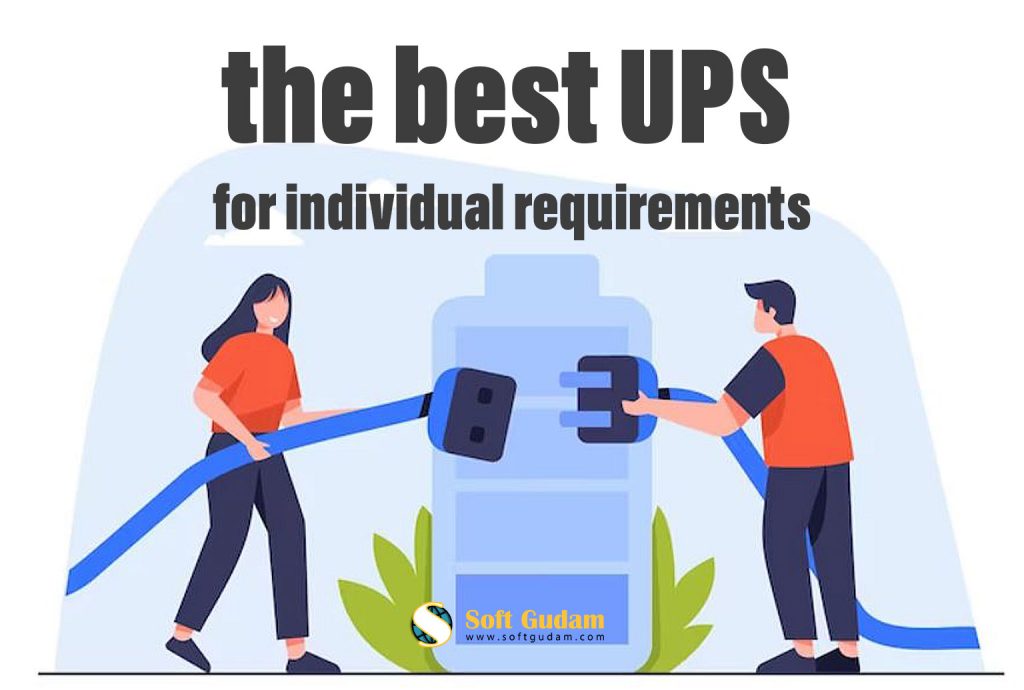For many services and industries around the world, a power outage can have devastating consequences. It is crucial for them to always have power, as failing to do so can cost them millions in lost revenue, security breaches through criminal activity, or in the worst-case scenario, people’s lives being lost.
Many of us don’t give such things a second thought but imagine the horror if you lost money or had your life put at risk. That is why so many are reliant on an uninterruptible power supply to ensure that this does not occur, but just what is it, and what is the best UPS?
- Rather than looking at individual models and manufacturers, it’s far more important to access which industry or service will be using a UPS. For instance, take the case of a hospital, which carries out life-saving operations. Such a place losing power rather than a small factory is off the Richter scale. Therefore, a UPS with a higher power capacity that can last longer is necessary.
- While a UPS will not last forever, it offers invaluable minutes of power until a generator will kick in while the main power supply is restored. This is also beneficial to banking systems, which can offer opportunities to criminal activity if the power is down. They may also wish to ponder the best business plan software for their operation to use.
- Sometimes a commercial activity can be a victim of something as simple as a spike or power surge and will only need a UPS for a few minutes, which needs to be taken into account when deciding which is the best for individual circumstances as it can save money.
- When making the decision on purchasing a UPS, it is important to factor in further growth and what it might be needed for, rather than its current purpose, making it a more cost-effective investment. The size should also be considered as where it will be located, as future developments might render a bigger model useless. Somewhere as iconic as a national stadium is highly dependent on a UPS to ensure it can stage events safely and look after its customers in an emergency.
- A UPS might have to be adaptable and fit devices other than computers, so expert advice and knowledge are required when making a purchase. Costs must also be equated, with the battery life generally lasting between 3 and 5 years.
- Sometimes a smaller UPS is all that is required if it’s for a smaller business running only 5 days a week with no perishables on site, whereas a catering industry would need an upgrade on that model, so no foods are lost during a loss of power.
A UPS will come in all shapes, sizes, and power capacities, so speaking to professionals in this field and compiling a thorough risk assessment strategy is crucial before making a purchase while using further projections and possible uses as a guide to saving money in the future.

